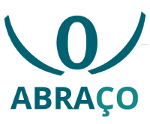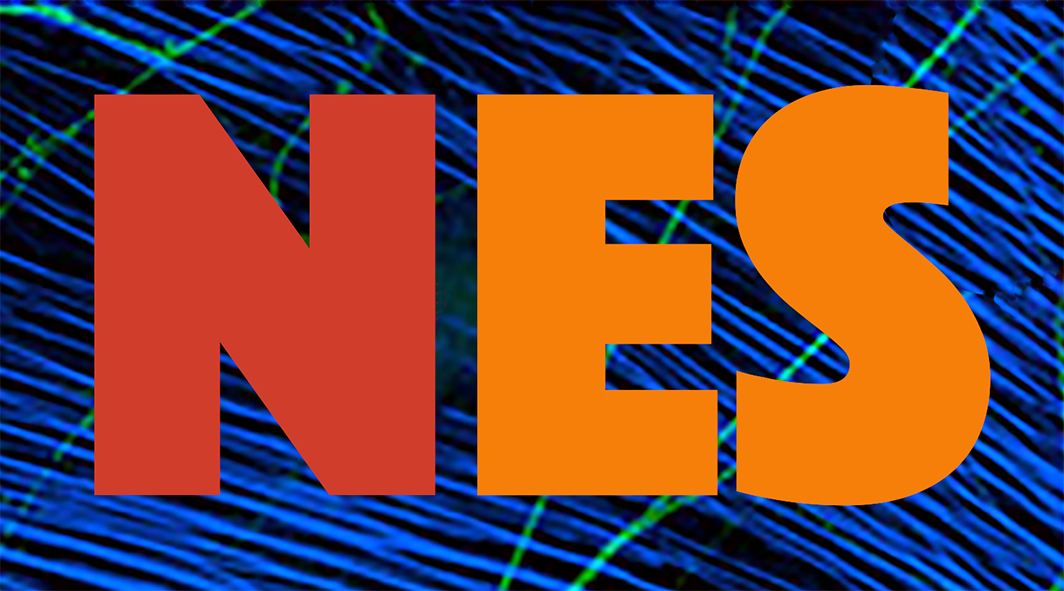
The onset of data-driven mental archeology
Publications | Nov 10, 2014
Sidarta Ribeiro
LimeSurvey, a key tool for open-science data building
Newsletter | Nov 06, 2014
The NeuroMat technology-transfer team has been active in the creation and spreading of free and open-source software tools and materials on how to use efficiently these tools. Such activities are in tune with the commitment that NeuroMat, the Research, Innovation and Dissemination Center for Neuromathematics, has embraced in relying exclusively on open-science tools and becoming a reference in open science.
Position for working with digital signal processing
Opportunities | Nov 05, 2014
The recently established Research, Innovation and Dissemination Center on Neuromathematics (NeuroMat), hosted by the University of São Paulo, Brazil, and funded by FAPESP (São Paulo Research Foundation) is offering technical training scholarships for Computer Science/Engineering professionals interested in applying their Computing experience on a world class scientific project. This project aims to integrate modeling with basic and applied research at the frontier of neuroscience. The goal of the project is to develop a mathematical and computational framework leading to the theoretical understanding of neural systems, fully integrated with experimental research in neuroscience. New models, theories, and open source software will be developed to handle the huge quantity of data produced by current experimental research and to provide a conceptual framework for the multiscale aspects of neural phenomena. The recipient will interact with researchers from University of São Paulo and other NeuroMat collaborating institutions in supporting activities for the research activities of the center, including obtaining electrophysiological signals (such as EEG, TMS and EMG) in experimental sessions, and signal data conditioning and analysis.
NeuroMat develops an open-source software for the management of neuroscience experimental data
Newsletter | Oct 31, 2014
The Research, Innovation and Dissemination Center for Neuromathematics (CEPID NeuroMat) software development team released in October the first module of Neuroscience Experiments System (NES), an open-source tool to manage clinical data gathered in hospitals and research institutions.
NeuroMat releases report of first-year activities
Newsletter | Oct 31, 2014
NeuroMat released at the end of September the First Report of Activities. This document is required by the São Paulo Research Foundation (FAPESP), the funding entity of the Research, Innovation and Dissemination Center for Neuromathematics (CEPID NeuroMat), and presented detailed accounts of scientific, dissemination and technology-transfer activities.
| NeuroCineMat |
|---|
|
Featuring this week: |
| Newsletter |
|---|
|
Stay informed on our latest news! |
| Follow Us on Facebook |
|---|




